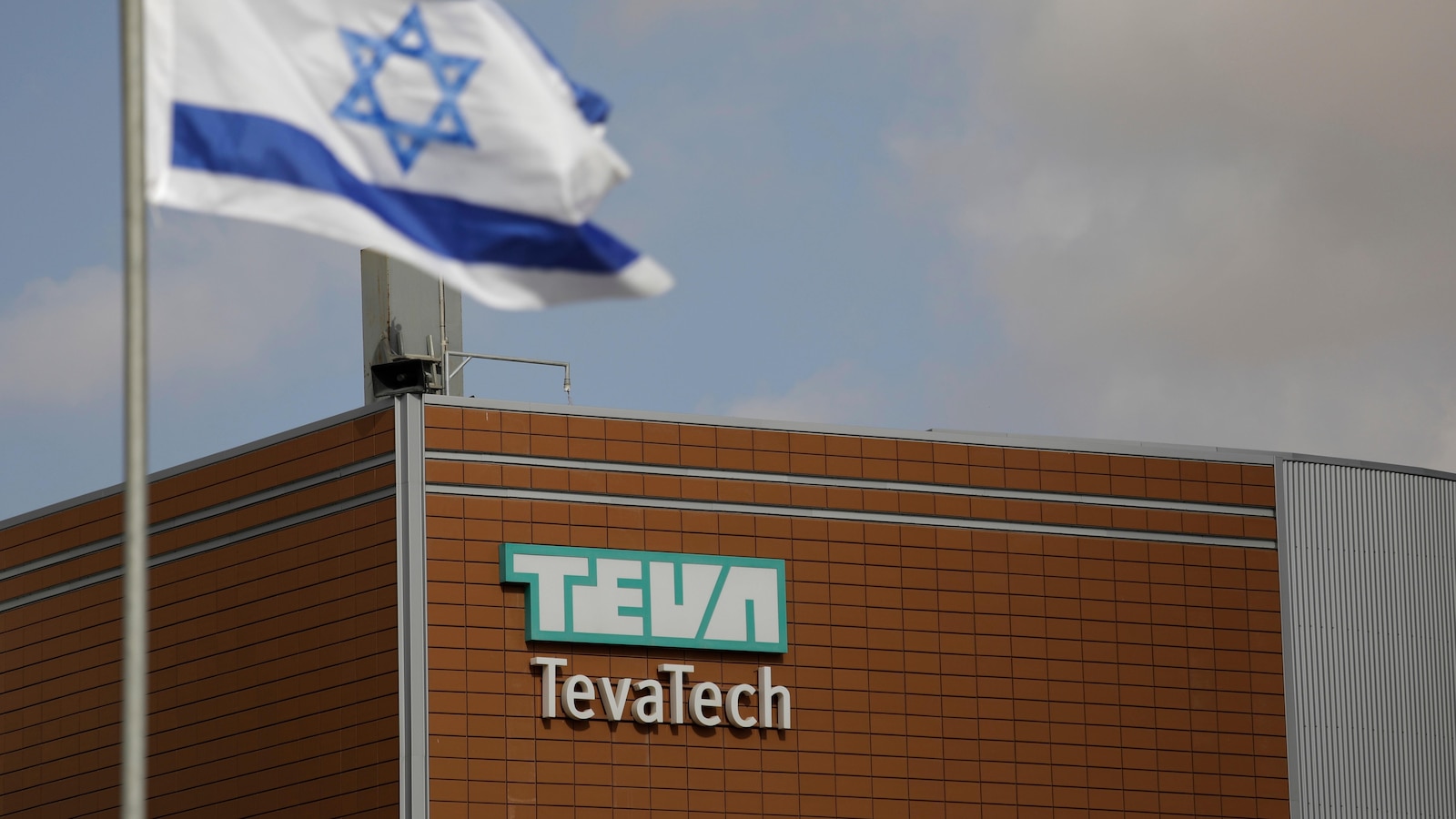The Commission’s statement highlighted that Teva had engaged in practices to “artificially extend patent protection” for its blockbuster MS drug, Copaxone, which contains the active ingredient glatiramer acetate.
In a detailed release, the Commission accused Teva of running a “disparagement campaign” against Syntheon, the only other company authorized to market a glatiramer acetate-based drug in Europe. The pharmaceutical giant reportedly disseminated information contrary to health authorities’ findings to instill doubt about the safety, efficacy, and therapeutic equivalence of the competing product.
According to the Commission, Teva targeted physicians and groups involved in drug pricing and reimbursement across various countries with the goal of “slowing down or blocking” the entry of its competitor’s product into the market. This conduct, the Commission argued, has potentially hindered significant savings for countries across Europe, as generic versions could be as much as 80% cheaper than Copaxone.
Teva has expressed its disagreement with the European Commission’s decision, describing it as “based on legal principles that are extreme, unused, and factually unsupported.” The company plans to appeal the ruling and emphasized its long-standing support for the MS community since 1996.
Additionally, the fine comes on the heels of a recent settlement in the United States, where Teva was ordered to pay $225 million related to pricing charges connected to its cholesterol-lowering drug. Under that settlement, the U.S. Department of Justice mandated Teva to divest its business involving the generic version of the brand-name drug Pravachol, known as pravastatin.
As this case unfolds, the implications for Teva and the broader pharmaceutical landscape in Europe remain significant, with the potential for further regulatory scrutiny in the future.

